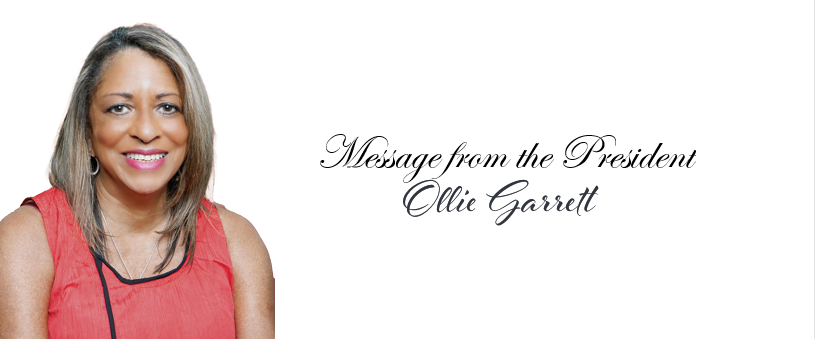United States Attorney for the Western District of Washington, Nick Brown, is an impressive local leader who works daily to promote equity in his personal and professional dealings. Brown, appointed by President Biden in 2021, has embraced the opportunity to lead his fellow U.S. Attorneys, assuming the Chairmanship of the Civil Rights Subcommittee of the AG’s Advisory Committee.
In that role, he recently assembled 30 of his fellow U.S. Attorneys from around the nation to meet in Selma to march across the Edmund Pettus Bridge, tour historic sites and learn more about ongoing Dept. of Justice work to protect civil rights. “It is 2023, but our country is still faced with many of the same injustices the marchers faced in 1965.” Brown said. “There are concerted efforts across the country to restrict access to the ballot and policymakers in many states are moving to erase the truth of our shared American history.”
In 1965, the bridge was the site of “Bloody Sunday” where hundreds of peaceful marchers for voting rights and equal dignity under the law, were gassed and clubbed as state troopers chased them down on horseback. “The pitfalls of America’s justice system feel as relevant today as they did in the 1960’s, as we bear witness to the tragic deaths of Black Americans at the hands of law enforcement officers and disproportionate overincarceration of people of color. With all the progress since Bloody Sunday, there are pervasive disparities in racial equity that we must tackle head on.” Brown declared.
The trip to Selma helped Brown and his fellow U.S. Attorneys recommit themselves to the quest for equity and justice, taking to their home states lessons learned from discussions with jurist Myron Thompson, the first Black Assistant Attorney General for Alabama and the second Black Federal Judge in the state. They met with Bryon Stevenson, Founder and Executive Director of the Equal Justice Initiative, a non-profit organization that provides legal representation for people who have been illegally convicted, unfairly sentences or abused in state jails and prisons. Brown noted the expanded agendas of the Equal Justice Initiative to address economic opportunity and poverty. “I appreciate Tabor 100’s commitment to economic opportunity and see clearly the overlap between housing, economic justice, civil rights and dignity.”
While much of the trek to Alabama reminded Brown of the many challenges ahead, he acknowledged that his meetings in Selma and Montgomery filled him with hope, and a resolve not to follow the tide of fear and anger than can drive decision making.
“As U.S. Attorney, I am the chief federal law enforcement officer in Western Washington. I know there are solutions that can make our communities safer without sacrificing equity and racial justice. I am proud our office is making strides. We focus our resources on prosecuting the most serious offenders but have also increased our efforts to understand the root causes of crime. Western Washington has one of the first federal drug courts in the U.S. working to divert people from prison whose crimes are fueled by substance abuse. We have a robust civil practice, working to protect people from discrimination and hate crimes. In Bryan Stevenson’s words, hopelessness is the enemy of justice, and Selma, Alabama, provides an empowering reminder that with hope – and action – we can realize the ideals of those who marched across the Edmund Pettus Bridge 58 years ago.


